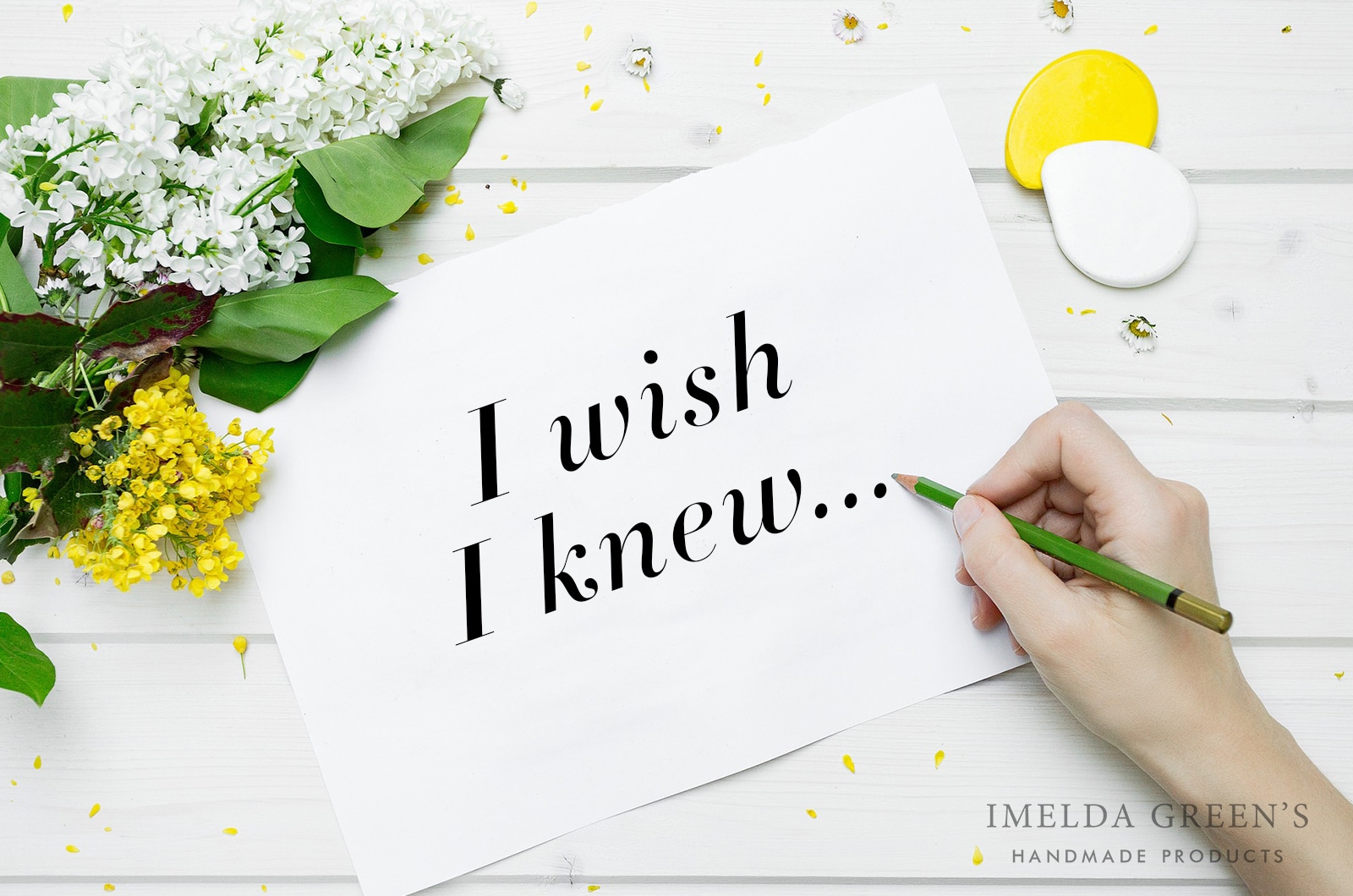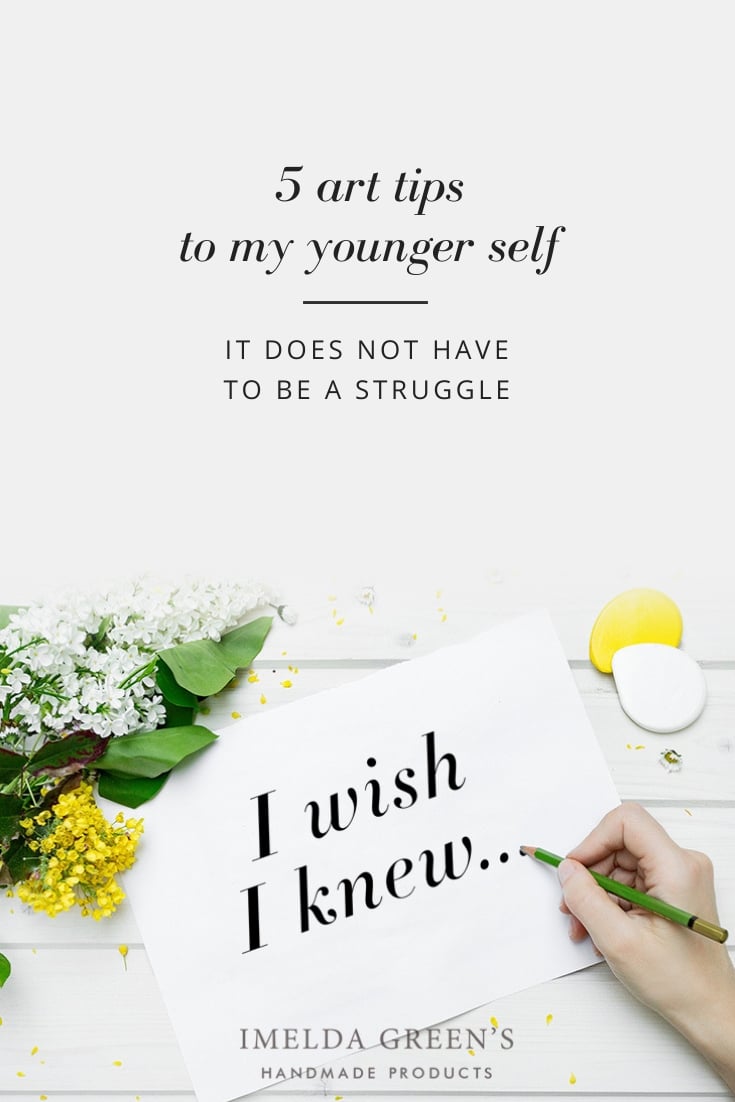
5 art tips to my younger self to avoid anxiety
Nobody is born an artist. I’ve learned this through my own experience, when I finally ended up being an illustrator after years spent in different universities and offices.
Somewhere deep down I’ve always known I should do something like illustration, but at the age of 20 there are so many expectations on you that you are bound to get sidetracked. I could have saved myself a lot of anguish – let alone extra work – if I had an older sister or mentor to give me some advice 10 years ago.
So pay attention! If you follow these tips, you might just avoid all the extra trouble and anxiety.
1. Practice is king, talent is a servant
If an art career has always been looming above your head, but a little inner voice (khm… family or friend-voice) keeps telling you that you are not talented enough, well, spit it in the face. Drawing is a skill that you can learn. Just like so many other areas of art. You may not be remembered as Van Gogh in 300 years, but that doesn’t mean you have no place in the art scene, whether it’s graphic design, web design or even illustration. (Just between us, I wouldn’t like to live Vincent’s life, even if I was remembered in 300 years time). A persistent person who devotes energy every single day to fulfilling his dream is proven to be more successful than a true talent who is so full of himself that he doesn’t even want to get out of bed. So forget about the words “gifted” and “talented” and get to work. Practice every day, do your work and you will get results!
2. Use the internet to learn!
Don’t spend days or weeks, searching for the best, most prestigious university. Instead, skip a year after graduation, work, and explore the deep knowledge of the internet! If you have a bit of an overview of the profession you are about to do, you are far better off than by sitting in the lecture hall of some cool university – learning a profession that you may not even like in real life. The knowledge on the Internet is incredibly deep and important. It will give you perspective on the subjects you might later study at university. Perspective is crucial, because
3. Your professor is no god
I do not want to talk you out of university, it has its good and useful sides. However, if you are landed with an instructor – like so many in the art world – who uses criticism to break your enthusiasm, just smile at him, then screw his ideas. The professor is human too, with all his insecurities. You need to be able to differ constructive criticism from his self-validation.
If you already know a few things about the subject (you should!) from other sources (eg books or the internet) you will be able to separate more effectively, when criticism is actually for your benefit and when it is his personal opinion or even his human weakness. Don’t let your enthusiasm for art be broken!
4. Listen to your gut!
Sounds a bit like Coelho, but like every commonplace, it has a basis in reality. If your favourite free-time activity was painting at the age of 3, 10 and 17, this is probably your path, whatever your family says about talent or earning money. Not everybody has to be a sculptor or fine artist, visual arts provide countless opportunities to earn enough money, so your mom does not need to worry. Just show her how much a webdesigner earns. But before taking any action,
5. Spend time reflecting!
There is simply nothing more important than reflecting on your goals and dreams. You cannot start this early enough. “Are you sure you want to be an artist?” is a paralyzing question, which you can hardly answer at 18, even if everybody keeps asking this same thing. However, there are some much more important questions: why do you want art as your profession? What does it mean to you when you create? How persistent are you? How much praise do you need from other people to do the work? Can you motivate yourself? If you can asnwer these questions confidently, then the question of “how?” will not pose any difficulty. Analyze yourself, be mindful, before you burn out in some profession that’s actually not your path!
What do you think? What are the tips that could have made your life easier in your profession?


